Fed up with WordPress?
Posted on August 19, 2016 by James Duquenoy
WordPress is the world’s most popular content management system (CMS), powering over 25% of the world’s ten million largest websites and almost 60% of all websites using a CMS – but that doesn’t mean it is the best. We’ve had a few people come in with concerns over WordPress’ security and reliability – so in this post we’ll discuss some of the common problems with WordPress and show your our solution – Coaster.
If you’re already using WordPress to manage your site, you’ve probably noticed it isn’t perfectly suited to your needs. WordPress was designed to be a blogging platform – not to manage the main content on websites. This means many of its features aren’t really suited, and the platform usually requires a selection of third-party plugins to make it behave like a normal CMS.
Plugin Problems
The primary issue with WordPress is its over-dependence on plugins. As plugins are required for even some of the basic features (you’ll struggle to run WordPress without installing at least five plugins), your site can quickly become overloaded and bloated with plugins, which can have a negative impact on your site’s performance and security. The more plugins you install, the more your website performance and security suffers.
Almost all plugins are created by third-party developers and not reviewed or maintained by WordPress, which can lead to serious problems. There is a huge number of old and out of date plugins still available to download from the plugin repository, and any can be installed into your CMS without any warning about the possible consequences. Old plugins could have serious vulnerabilities which put your site at risk if installed. Inexperienced WordPress users may not be aware of this, and could easily install a range of dangerous plugins.
70% of WordPress installations are vulnerable to hacker attacks
With multiple plugins installed, you are no longer just relying on WordPress to keep your site secure – you’re also relying on the developers of each plugin. If any of the third-party developers fail to patch security issues in their plugins, your site immediately has vulnerabilities which hackers could exploit. They could hijack your content, steal your data, or even take your whole site offline – all of which will severely damage your reputation and cost a lot of time and money to repair.
A recent survey found that 73.2% of the most popular WordPress sites have vulnerabilities that can be detected using free automated tools – showing how big of a problem this is and how easily sites can be targetted.
Unfriendly Updates
Updates can often cause headaches for WordPress users, especially if you use a lot of plugins. While keeping your WordPress installation and all of your plugins up to date sounds like a good idea, it can quickly cause further problems. Even a single plugin update has the potential to bring your site down, leaving you scrambling to find a developer to find out what happened. There’s no quick and easy way to find out if an update will cause problems before you install it – which is a particularly big problem for inexperienced WordPress users, who install updates without thinking twice.
The risk of damaging a site makes some users reluctant to apply updates, which means they miss out on the latest features and could create serious security vulnerabilities.
Trouble building complex, easy to manage themes
The nature of WordPress makes it quite difficult to build themes which have a complex layout and features but are still easy for users to manage. Of course, there are some plugins that make this easier, but that brings us back to the issues above – more plugins means more security issues, problems when updating WordPress, and a slower site. Furthermore, these plugins can still be awkward to manage, especially if you need blocks of repeating content (such as people’s faces on a meet-the-team page).
Meet the solution – Coaster CMS
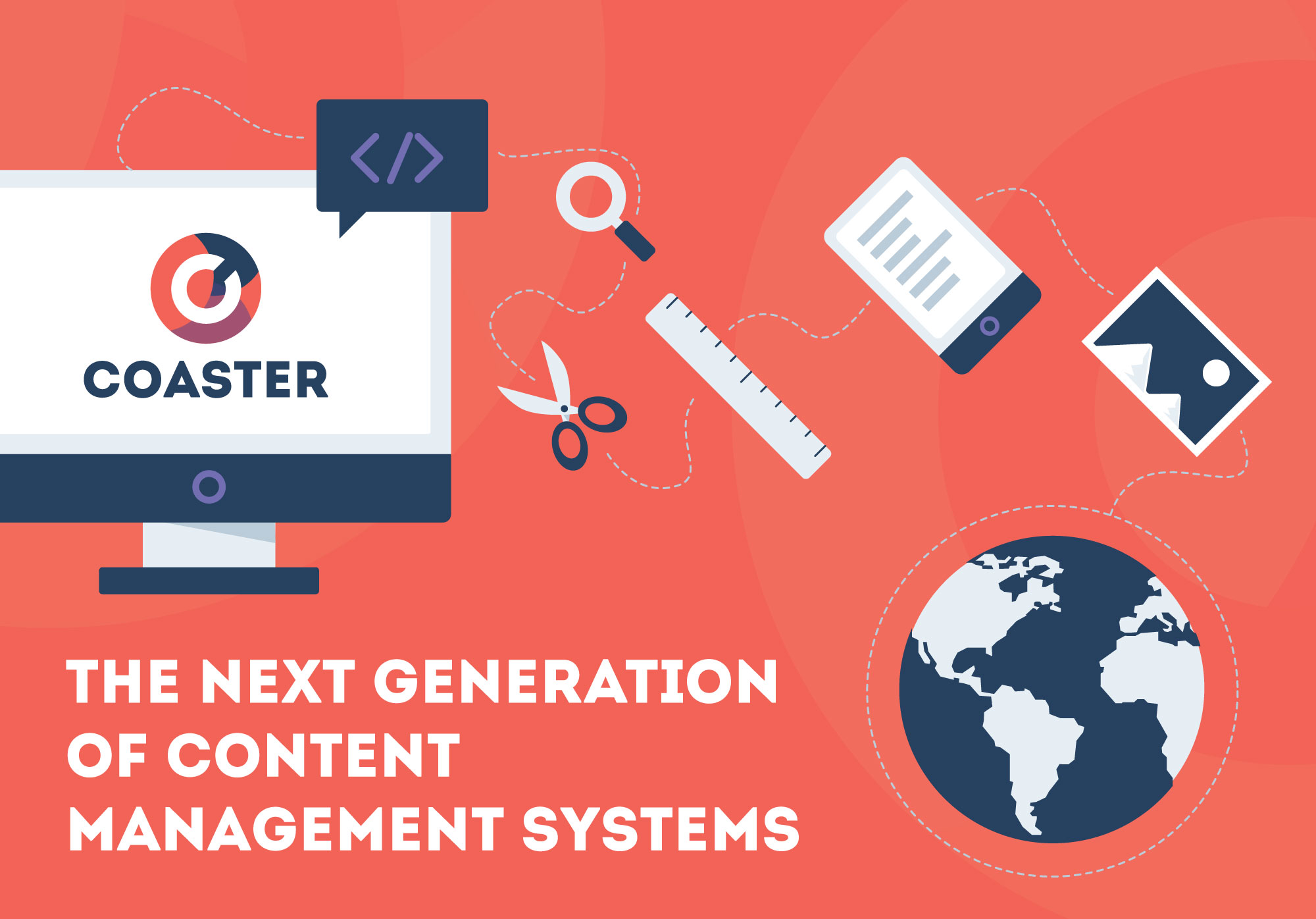 For three years we’ve been using our wealth of CMS experience to create Coaster, our own content management system that’s free from the problems associated with WordPress.
For three years we’ve been using our wealth of CMS experience to create Coaster, our own content management system that’s free from the problems associated with WordPress.
Coaster is built on the latest technology to ensure speed, stability, and reliability – and does not get overloaded by plugins. It’s designed to be extremely friendly to users and developers and has key features like a contact form and SEO tools built in (no extra plugins required).
Maintained and supported by the same developers who built it, Coaster is very secure and simple to update. Any new features are always carefully tested to ensure they won’t create further problems when installed.
Our content management system also includes a block-based template system, making it very easy to add content and maintain design consistency. Coaster’s unique “repeater” blocks allow developers and users to easily create hugely flexible websites that can display a wide range of content.
Coaster is also Bluetooth Beacon compatible, so you can interact with the physical web and start using proximity marketing – and our time-specific version control makes it easy to display different content at the time of your choice.
If you’re fed up with your WordPress site or worried about the security risks, contact us to discuss managing your site with Coaster – or find out more at coastercms.org.

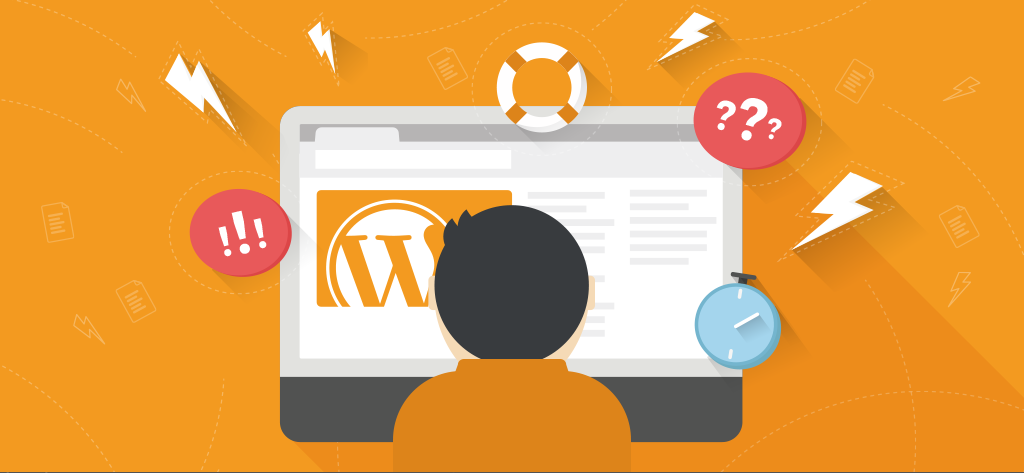

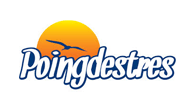





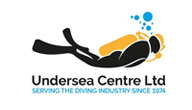

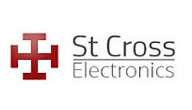
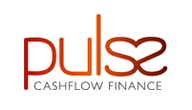
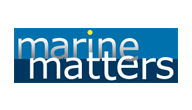


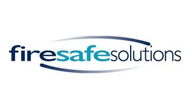
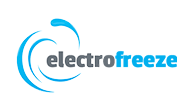

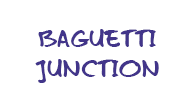
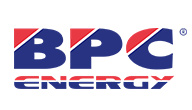
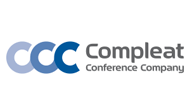
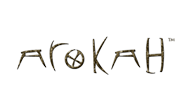
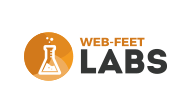
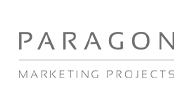
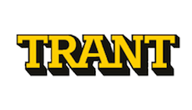


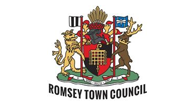
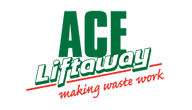
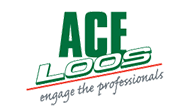
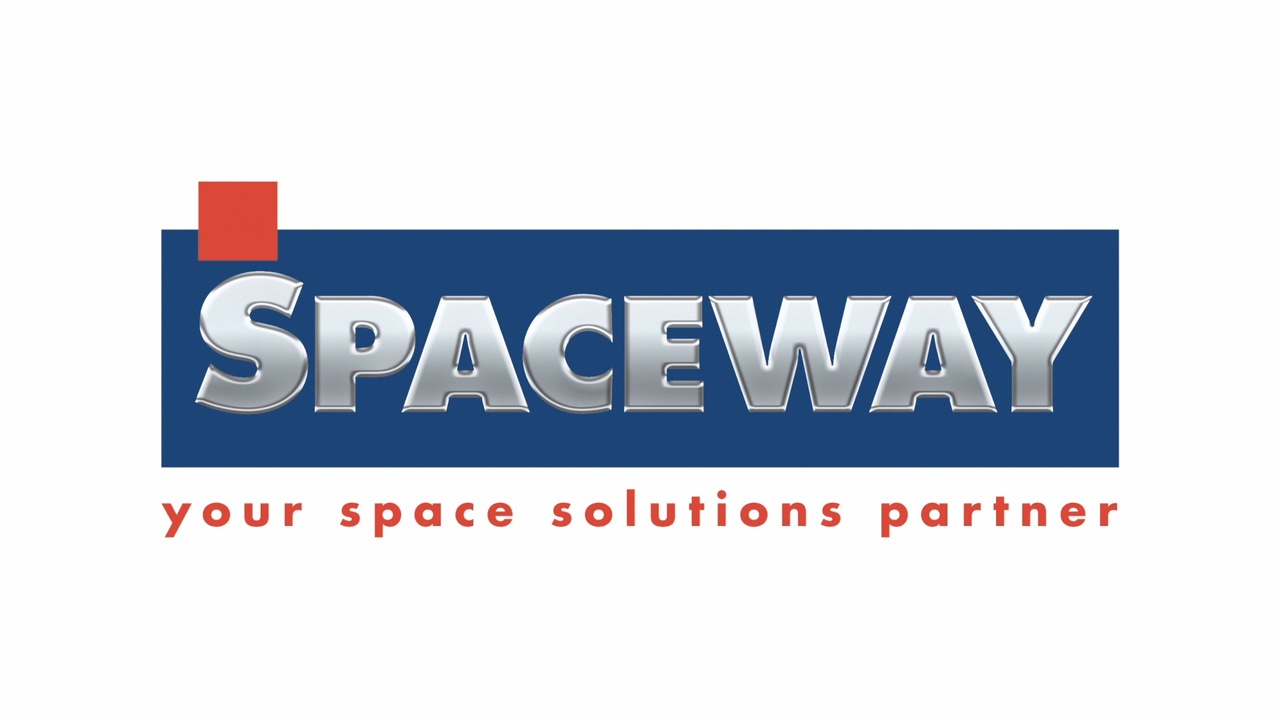

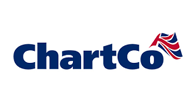
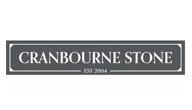
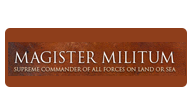



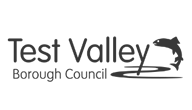

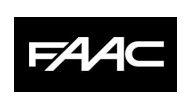
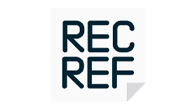

Neil Sweeney on August 20, 2016 at 1:33 pm said:
WordPress does warn you if you are using a plugin that the developer hasn’t stipulated is compatible with that version. Also, with community feedback you can quickly scan if a plugin is trustworthy or not (see, https://www.evernote.com/l/AAMyrRE69O1K8IEHyZgBWVUNdzclTMCP8JE).
Updates and stability is a problem that any CMS, with has third-party support, has. Personally, I think WordPress manages it very well making it easy not to just add and remove plugins but also check as well. Personally, I think it gets a lot of bad representation due to the large numbers of installs. Think back 5-10 years when Windows dominated the market and all the virus it got, technically it wasn’t any less secure but it was more likely to be attacked; a numbers game.
But with the updates, WordPress does do background updates, if allowed (see, https://codex.wordpress.org/Configuring_Automatic_Background_Updates), so you can set to allow minor updates keeping your WP install secure and stable without intervention. Also, it has got to be the easiest CMS to update, not even requiring a developer to the point once an initial build is done, there is enough documentation for a non-technical person to manage a site.
This isn’t to say WordPress is perfect for any situation that calls for a CMS, far from it. Just that with something that has a large install base, it’s more likely to see issues as there are more eyes on the project and more problems will be spotted, but that’s not necessarily a bad thing if managed correctly.
James Duquenoy on August 22, 2016 at 9:54 am said:
Thanks for sharing your thoughts and opinions about WordPress.
While we agree that you can check if a plugin is compatible with your version of WordPress, that doesn’t necessarily mean it will be compatible with all of your other plugins – and could still cause conflicts if installed. Furthermore, although WordPress updates are easy to apply and don’t need a developer’s input, we still feel that they should be treated with caution due to the risk of causing further problems.
You make an interesting point that WordPress gets the most attention due to its huge size – but even if its issues get an unfair amount of exposure, the issues are still there – and can still cause problems for our customers.
We’re not completely against WordPress, but we strongly feel that it is not the best solution for managing a website. It was designed as a blogging platform (which it does very well), so WordPress is not really ideal for an all-round content management system. Please have a quick look at Coaster CMS (https://www.coastercms.org/) which we believe is the perfect solution – it’s a CMS designed for managing websites and has everything you need built in, making it very user-friendly, easy to maintain, and simple to update.
Thanks for getting in touch!